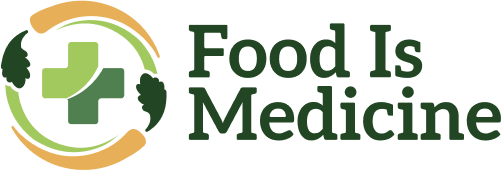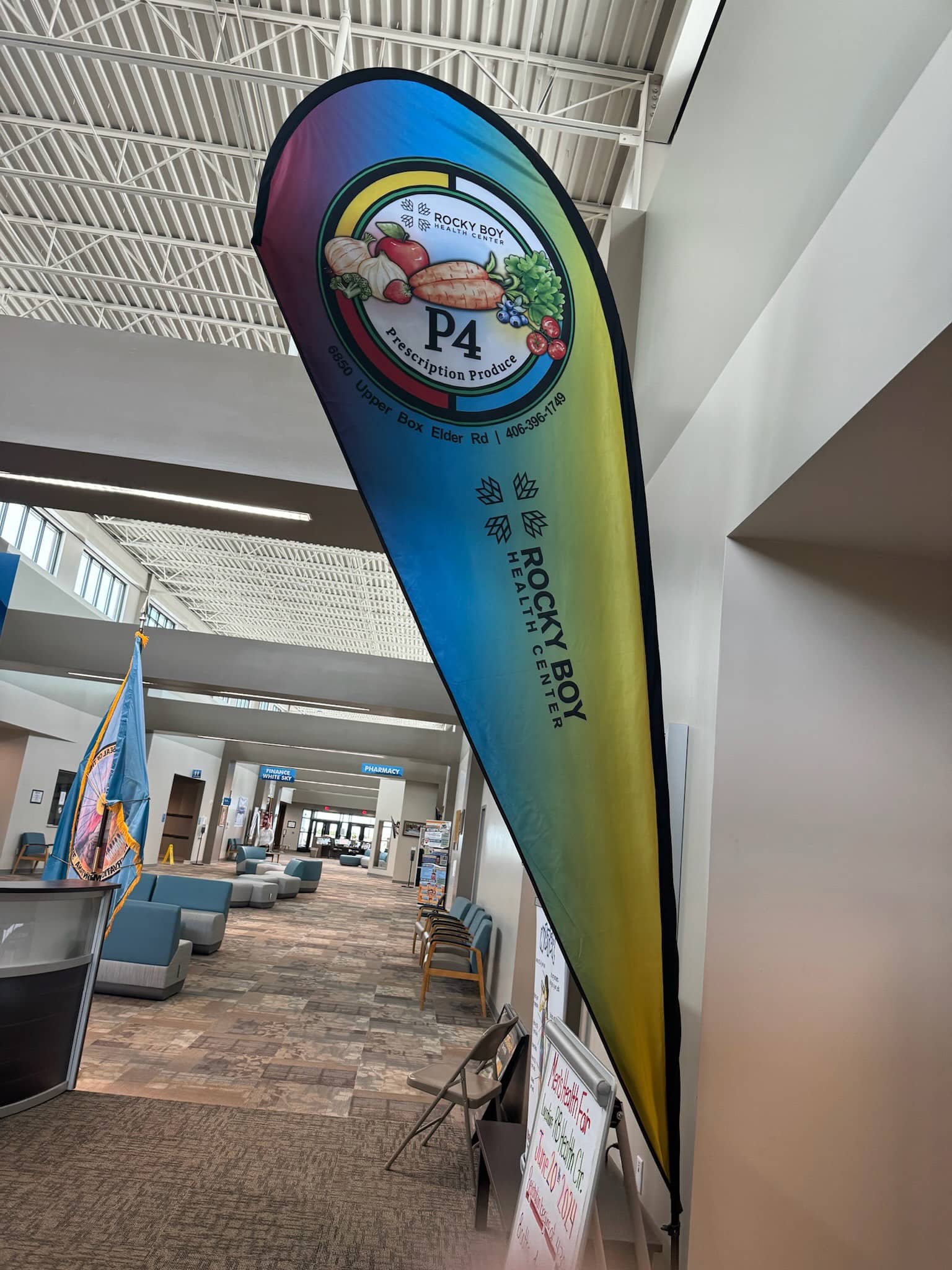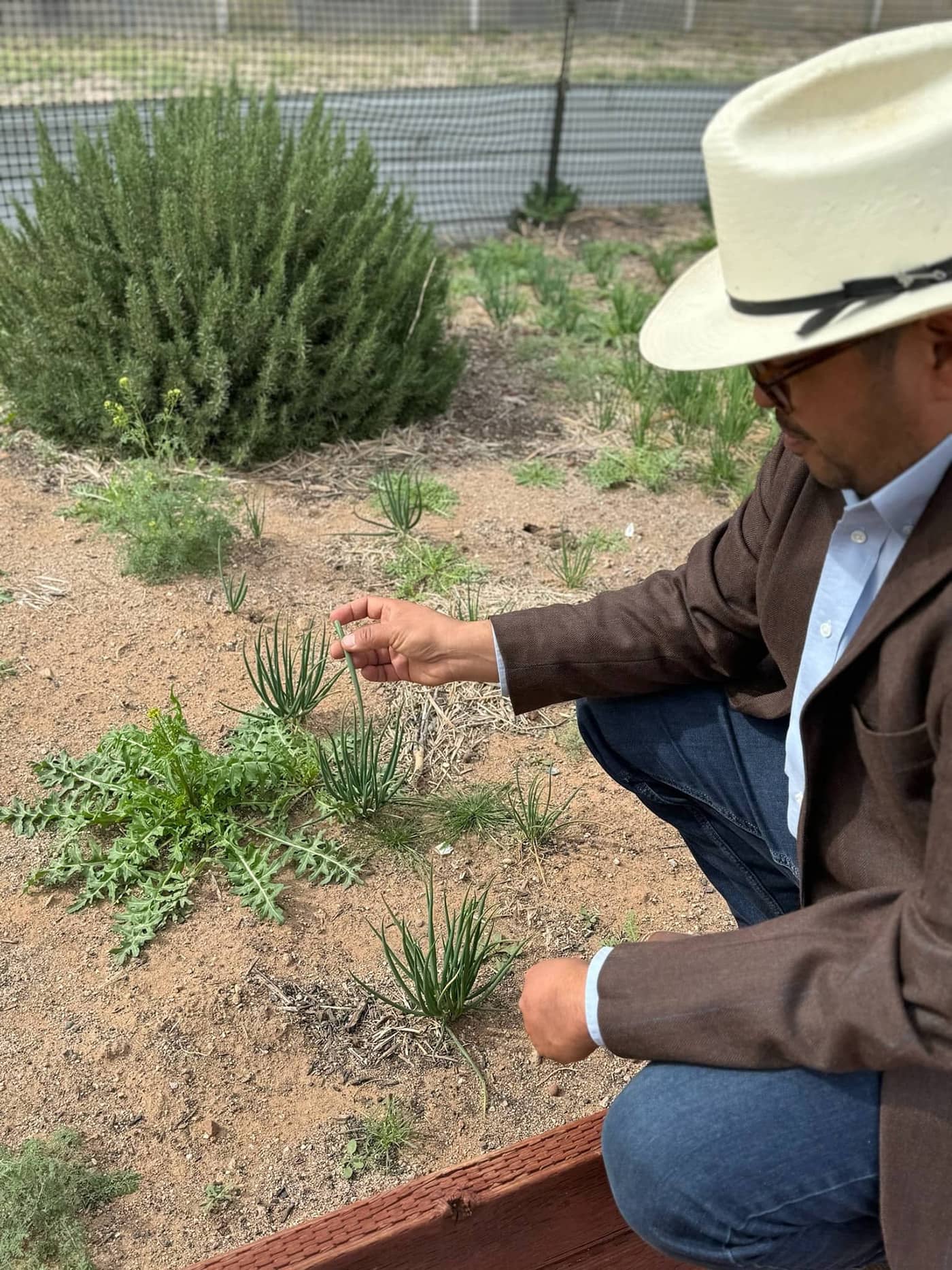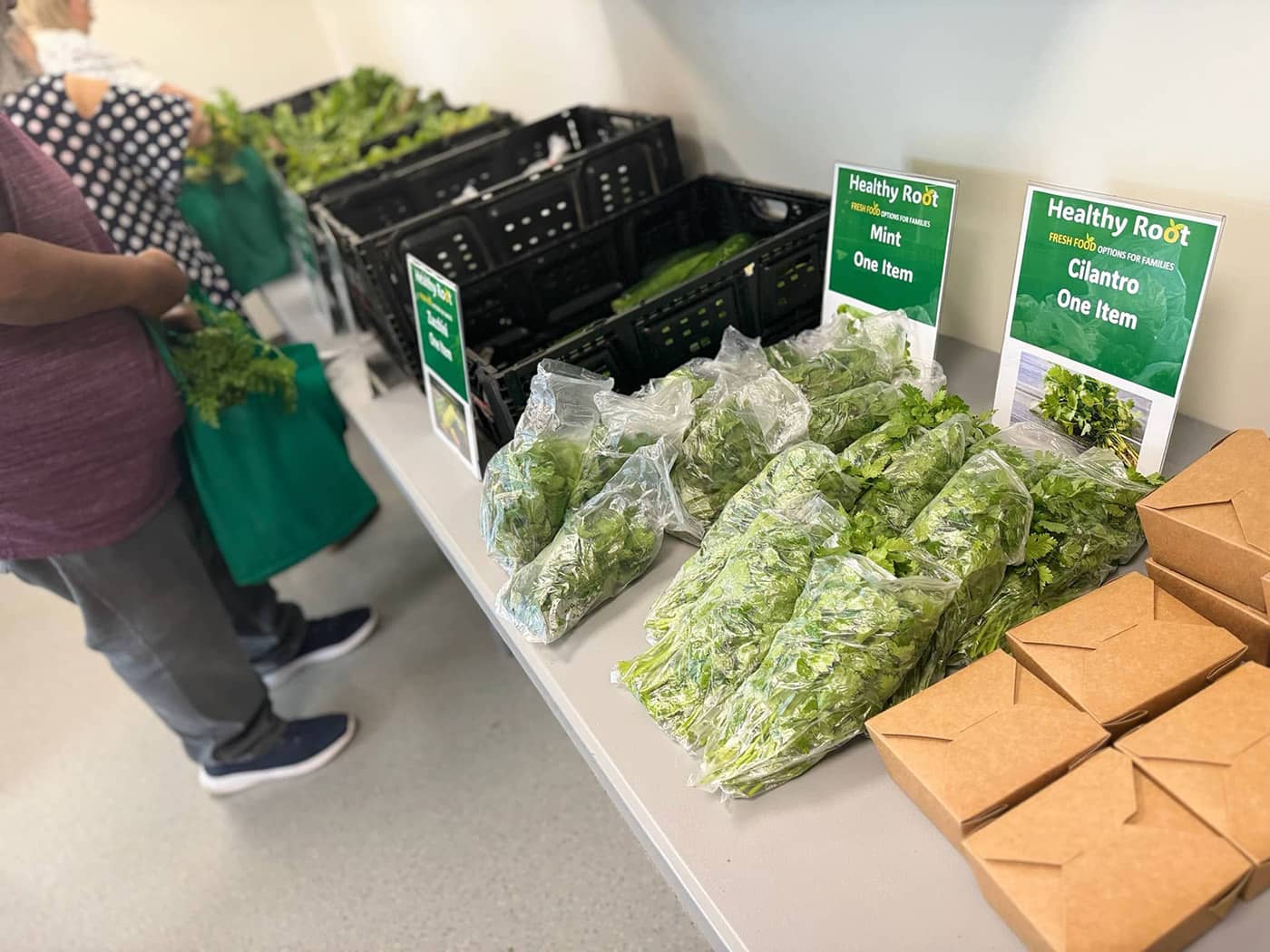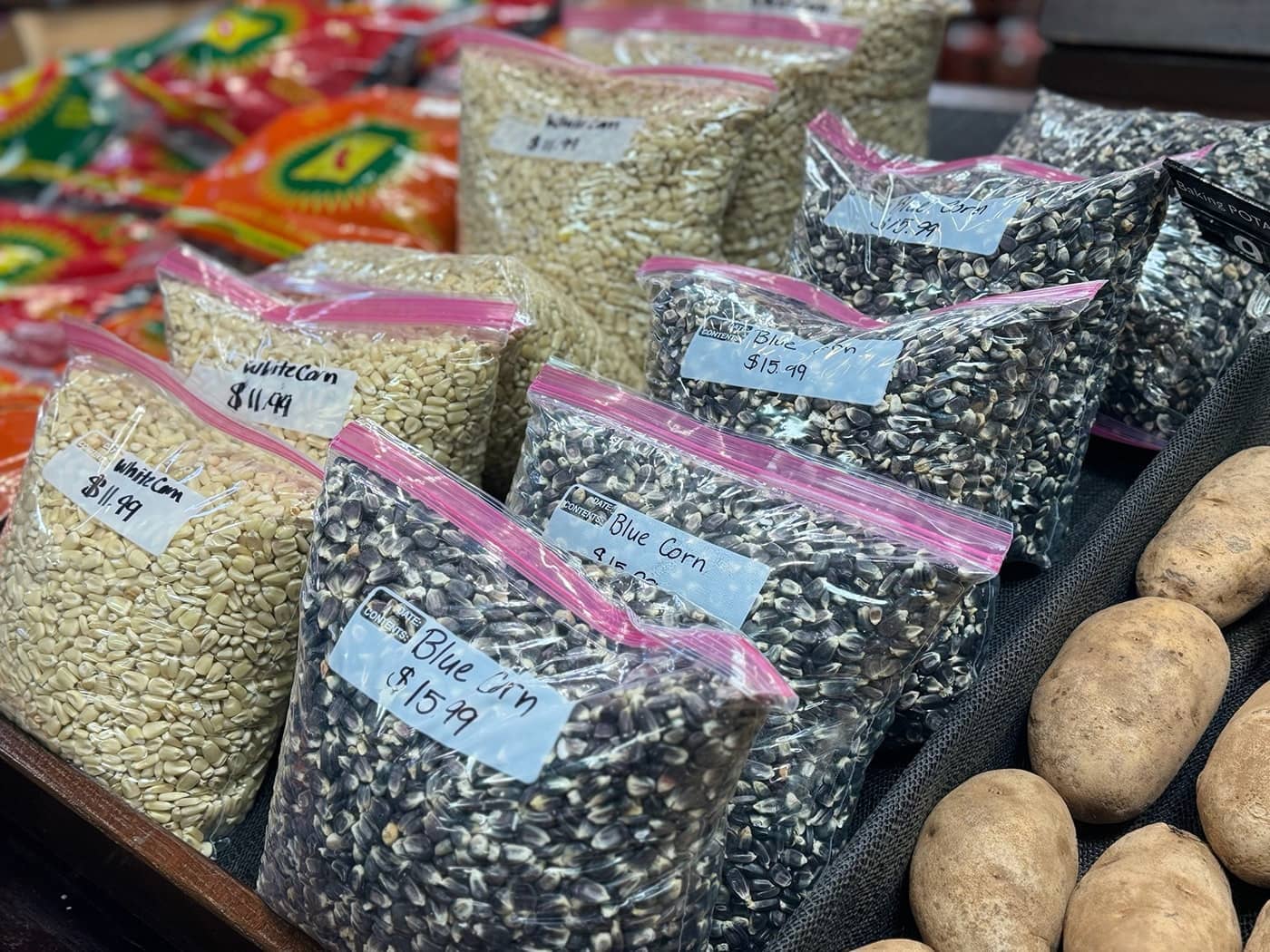Collective Learning
Prioritizes partnering with communities to facilitate shared learning and experiences before an action plan is developed and implemented.
Community-led Vision
Is centered around the communities’ unique needs and driven through a partnership model that supports communities in determining the vision and best implementation approach for their people.
Holistic Foundations
Supports an Indigenous perspective to Food Is Medicine by integrating person, community, and environment with healing. This approach focuses on food sovereignty and Indigenous farming to support whole-person health.
Bright Spot Profile
The Indian Health Service (IHS) is a federal agency within the U.S. Department of Health and Human Services that provides a comprehensive health service delivery system for American Indian and Alaska Native (AI/AN) people.
IHS is advancing Food Is Medicine (FIM) efforts by providing funding to tribal organizations for innovative produce prescription interventions through the IHS Produce Prescription Pilot Program (P4). IHS was included in the Bright Spot series to demonstrate a cohesive partnership with tribes and tribal organizations to develop innovative interventions to meet the unique nutrition needs and challenges of their respective communities. The IHS, grantees, and tribal communities are working together to ensure that the program prioritizes food access, food sovereignty, and the diet-related health needs of community members.
Funding Opportunity Development
At the White House Conference on Hunger, Nutrition, and Health in September 2022, it was announced that IHS would be developing a Produce Prescription Pilot Program (P4) to address food insecurity and the high prevalence of diet-related illnesses among AI/AN people by increasing the access and consumption of fruits, vegetables, and traditional foods.
In April 2023, the IHS Division of Diabetes Treatment and Prevention issued the P4 Notice of Funding Opportunity. In July 2023, IHS awarded $500,000 annually for 5 years to the following five tribal organizations to design, implement, and evaluate a P4:
- Laguna Healthcare Corporation
- Muscogee (Creek) Nation
- Navajo Health Foundation – Sage Memorial Hospital
- Pascua Yaqui Tribe
- Rocky Boy Health Center
Nested Funding and Partnerships
P4 supports a nested funding structure to accommodate multiple federal funding sources and partnerships with external sources.
Locally, each P4 grantee partners with its respective tribal health care centers and other grant programs (e.g., the IHS Special Diabetes Program for Indians, the Centers for Disease Control and Prevention (CDC) Good Health and Wellness in Indian Country, etc.).
Depending on the identified community needs, P4 grantees also partner with local farmers and grocers. Some P4 grantees have the opportunity to work with their tribe’s Community Health Representative (CHR) program and/or a tribal transit service to help alleviate barriers to transportation.
Tailored Approaches
Grantees are encouraged to design community-led programs that are based on community input/feedback and local partnerships. Some grantees work with local farmers to distribute food boxes to P4 participants, while others partner with local grocers to bring in fresh produce and implement a prescription voucher system. Other grantees are creating innovative hybrid models in rural communities that offer both a delivery option and a voucher option for in-store shopping.
Many participants prefer going to the store to make food choices, while others receive telephone-based support to order eligible foods. The P4 coordinators have diverse professional backgrounds (e.g., nurses, farmers). Moreover, their experiences can introduce different management perspectives and approaches. While grantees vary widely by location, resources, and implementation plans, all grantees:
- Implement nutrition education approaches that teach participants about ways to integrate traditional foods into their meals. They also teach how nutritious foods can help prevent and manage chronic diseases. Nutrition education workshops, such as classes demonstrating how to prepare and cook traditional foods, are intergenerational and involve all members of the family, not just the individual P4 participant.
- Focus on food sovereignty as a core component of FIM approaches to ensure cultural history. The value of food by each community is central to addressing diet-related health conditions. The P4 grantees are uniquely positioned to assess the individual needs of their communities and create implementation practices that will address community needs.
Implementation Lessons
Common Challenges Identified in Year 1
To capture the diverse lessons learned by P4 grantees, the IHS collects annual progress reports and has monthly discussions with each grant program. Despite variation among implementation plans for year 1, common challenges shared by the grantees include:
- The use of the U.S. Adult Food Security Survey Module to determine eligibility for the program. To be eligible according to this tool, participants had to screen positive for food insecurity. The grantees shared that screening positive for food insecurity seems irrelevant given high rates of food insecurity in tribal communities. Additionally, the survey module has not been validated for the AI/AN population and the survey questions were not culturally relevant for their community members, resulting in inaccurate screening results.
- The amount of time it takes to go through the local approval processes to begin program planning and eventual implementation. Each P4 grantee had to obtain approval from their local Tribal Council or other governing board.
- Working through the logistics of building community partnerships, establishing agreements with vendors (e.g., local grocers, farmers, tribal health programs), and developing new procurement and financial processes.
Despite the recent development of the new P4 programs, grantees are already witnessing the positive impact this program has had on their communities. Although challenges will continue as program implementation progresses, grantees have expressed that they feel supported by local organizational leadership, as well as the P4 Support Team.
Food Insecurity Screening: Lessons Learned
- In an effort to address the challenges reported by the programs (see Common Challenges Identified in Year 1 section above), P4 grantees modified the assessment questions and administered the screening individually, walking each participant through the questions to ensure clarity and understanding.
- During fiscal year 2024 (year 2 of the 5-year grant program), the IHS decided to eliminate the eligibility requirement of a positive “food insecurity” score as defined by the U.S. Adult Food Security Survey Module. The survey module is still administered to all participants, but their score will not determine if they are eligible for the program.
Program Evaluation
Program Metrics
To further assess program outcomes, the IHS is working with grant programs to capture the following metrics:
- Food insecurity rates over time, according to the U.S. Adult Food Security Survey Module
- Number of produce prescriptions issued and redeemed
- Consumption of and/or access to produce and traditional foods
- Change in health care outcomes
- Participation in nutrition education programming
Limitations of the Consumption Metric
Grantees have identified difficulties in determining whether participants have increased their consumption of fresh produce and traditional foods. Consumption of fresh fruits and vegetables is a time-intensive, self-reported survey measure, and P4 grantees have found it challenging to monitor changes in consumption because participants often share food with other members of their household.
To improve information accuracy and participant experience, grantees have suggested measuring participants’ access to fresh produce and traditional foods rather than consumption.
Looking Forward: Continued Learning and Sharing
The IHS is fostering transparent relationships with their P4 grantees using a cohort model. This approach to sharing and learning from one another has been a major success. The P4 Support Team adheres to this approach by closely overseeing the programs and providing P4 grantees with technical support, including recommending innovative ways to improve access to healthy and traditional foods and nutrition education.
The P4 Support Team hosts monthly cohort and one-on-one meetings and plans to have annual site visits with grantees to provide in-person, technical assistance and receive program feedback. At the start of year 2, grantees participated in an in-person evaluation workshop. The key takeaways from that workshop include:
- Grantees share common barriers
- Programs are different in how they operate and how they overcome barriers
- Local communities have embraced P4 efforts
- Grantees share a sense of pride and gratefulness to offer P4 in their community
Collectively, the P4 collaborators, including the P4 Support Team and grantees, will continue to learn from one another and share the impact that P4 has on tribal communities.
